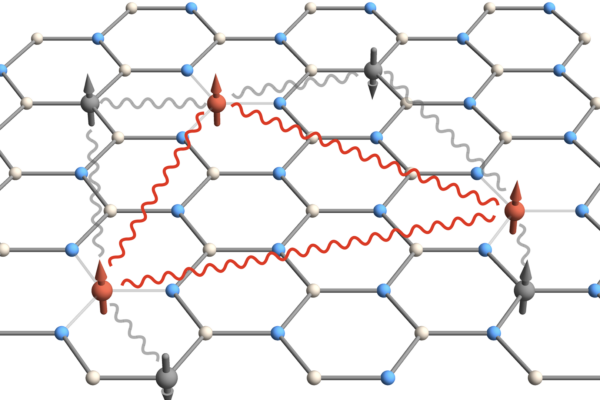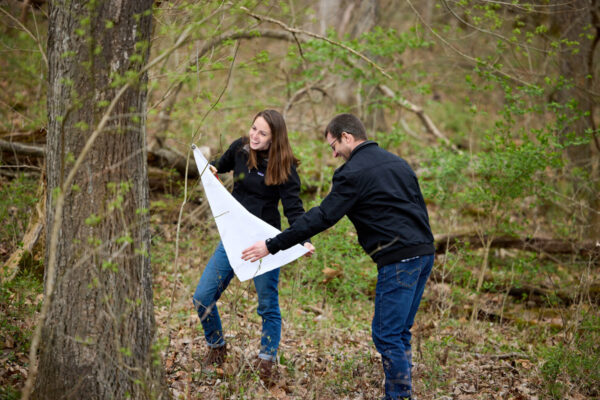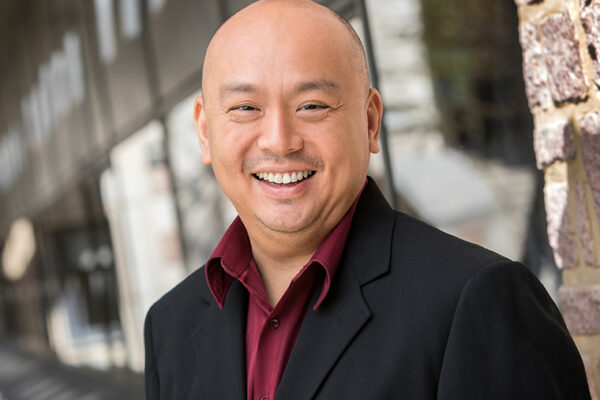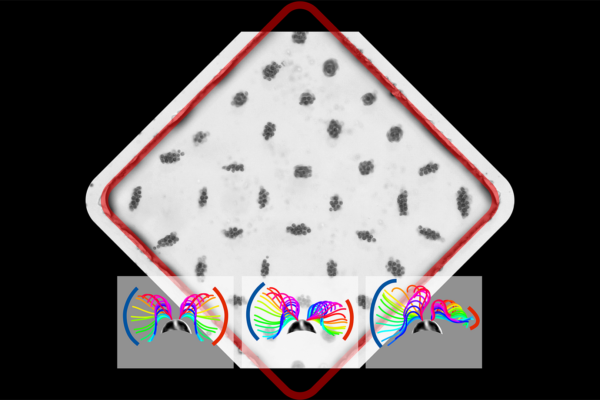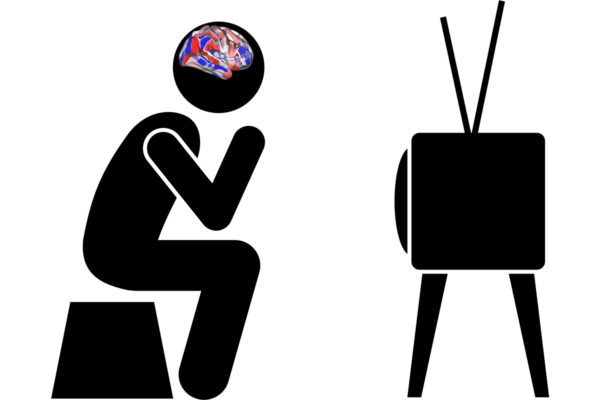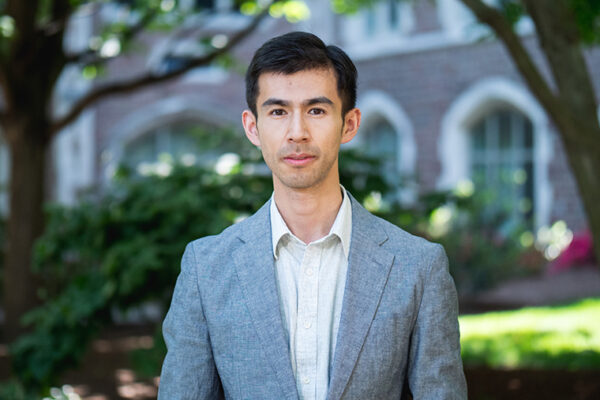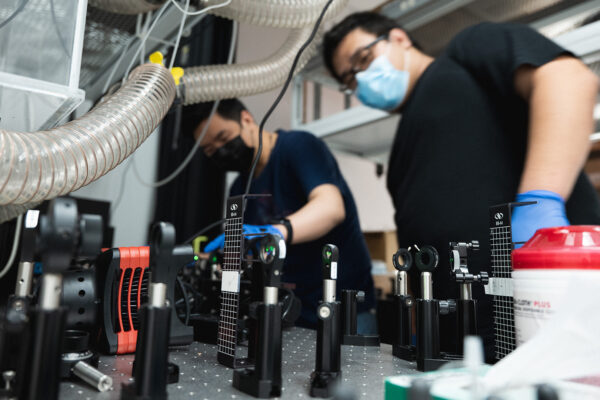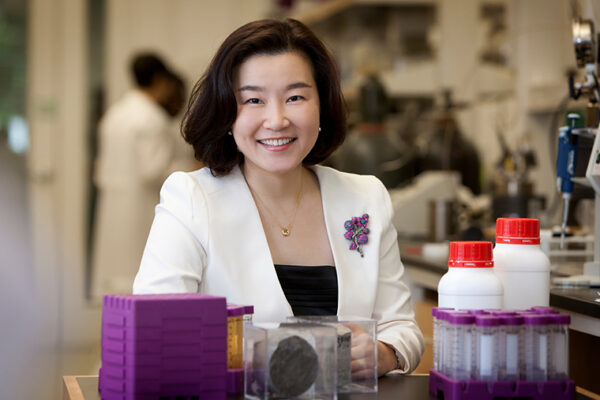Glitches in the matrix
As reported in a paper in Nature Communications, physicist Chong Zu in Arts & Sciences and his team are finding new ways to harness the quantum power of defects in otherwise flawless crystals.
Tick-borne Bourbon virus infects people, wildlife in St. Louis area
Ecologist Solny Adalsteinsson, at the Tyson Research Center, and virologist Jacco Boon, at the School of Medicine, are part of a One Health team studying how tick-borne Bourbon virus spreads through the environment, wildlife and people.
AI assistance could help reform pretrial scheduling
With funding from the National Science Foundation, William Yeoh at the McKelvey School of Engineering will use artificial intelligence to develop a fair, equitable and efficient scheduling system for courts.
Treadmill for microswimmers allows closer look at behavior
A team from the McKelvey School of Engineering at Washington University in St. Louis and Massachusetts Institute of Technology has created an acoustic microfluidic method that offers new opportunities to conduct experiments with swimming cells and microorganisms.
Improving air quality modeling
Researchers in Randall Martin’s lab at the McKelvey School of Engineering won a $500,000 grant from the National Science Foundation to study, and improve, the accuracy and resolution of models used to understand chemicals’ behavior in the atmosphere.
Children’s brain scans provide clues to processing of emotional cues
Washington University researchers found that how children’s brains process emotional cues typically is set by the time they are school age. They studied brain scans from hundreds of children ages 5 to 15 who watched videos that dealt with emotional topics.
Ran wins NSF CAREER award
Physicist Sheng Ran in Arts & Sciences has won a prestigious National Science Foundation award for a project investigating new quantum materials. The research has potential applications for next-generation electronics.
What your ‘likes,’ posts really say about you
Psychology researchers at Washington University in St. Louis have created the Social Media Use Scale, which groups social media use into four broad categories and offers insights about personality and behavior traits.
Looking deeper with adaptive six-dimensional nanoscopy
With a $2 million National Institutes of Health (NIH) grant, Matthew Lew at the McKelvey School of Engineering will develop smart microscopes to reveal dynamic interactions between individual biomolecules.
20 years of progress in interfacial sciences and engineering
Young-Shin Jun, at the McKelvey School of Engineering, co-authored a review paper in Chemical Reviews that celebrates scientific advances in the field of interfacial reactions, which happen at the boundary where materials in different phases meet.
Older Stories
